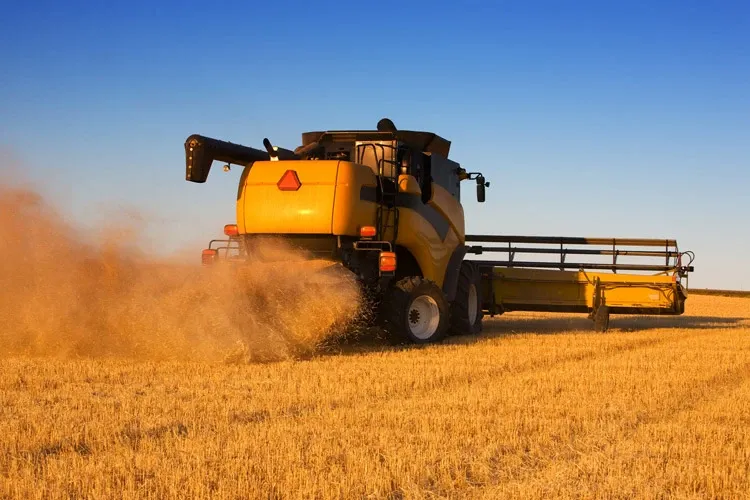Infobip and Haas Unveil Interactive Fan Quiz
Infobip is partnering with the MoneyGram Haas F1 Team on an innovative digital fan engagement campaign, designed to bring racing fans closer to the action.

IBM announced the global expansion of Watson Decision Platform for Agriculture, with AI technology tailored for new crops and specific regions to help feed a growing population. For the first time, IBM is providing a global agriculture solution that combines predictive technology with data from The Weather Company and IoT data to help give farmers around the world greater insights about planning, plowing, planting, spraying and harvesting.
By 2050, the world will need to feed two billion more people without an increase of arable land. IBM is combining power weather data, including historical, current and forecast data and weather prediction models from The Weather Company, with crop models to help improve yield forecast accuracy, generate value, and increase both farm production and profitability. New crop models include corn, wheat, soy, cotton, sorghum, barley, sugar cane and potato, with more coming soon. These models will now be available in the U.S., Canada, Mexico, and Brazil, as well as new markets across Europe, Africa and Australia.
"These days farmers don't just farm food, they also cultivate data, from drones flying over fields to smart irrigation systems, and IoT sensors affixed to combines, seeders, sprayers and other equipment," said Kristen Lauria, general manager of Watson Media and Weather Solutions, IBM. "Most of the time, this data is left on the vine, never analyzed or used to derive insights. Watson Decision Platform for Agriculture aims to change that by offering tools and solutions to help growers make more informed decisions about their crops.
The average farm generates an estimated 500,000 data points per day, which will grow to 4 million data points by 2036. Applying AI and analysis to aggregated field, machine and environmental data can help improve shared insights between growers and enterprises across the agriculture ecosystem. With a better view of the fields, growers can see what's working on certain farms and share best practices with other farmers. The platform assesses data in an electronic field record to identify and communicate crop management patterns and insights.
Enterprise businesses such as food companies, grain processors, or produce distributors can then work with farmers to leverage those insights. It helps track crop yield as well as the environmental, weather and plant biologic conditions that go into a good or bad yield, such as irrigation management, pest and disease risk analysis and cohort analysis for comparing similar subsets of fields. The result isn't just more productive farmers. Watson could help a livestock company eliminate a certain mold or fungus from feed supply grains or help identify the best crop irrigation practices for farmers to use in drought-stricken areas.